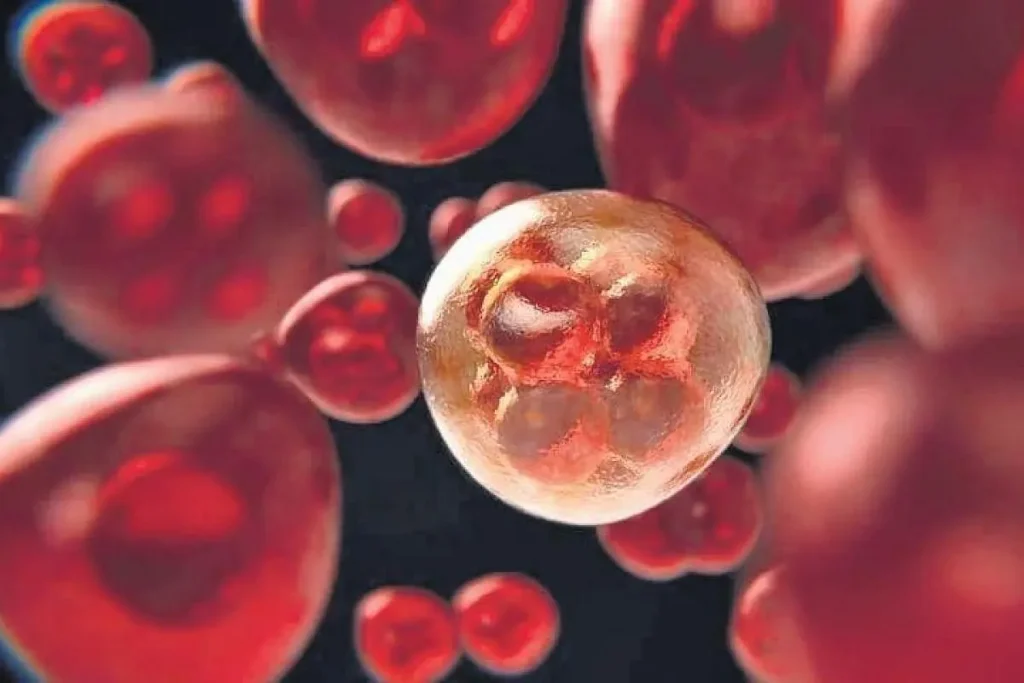Although constipation is a typical problem that many people have at some point in their life, the repercussions can be considerably more serious than most people realize when it becomes chronic. Even while it might seem like a small annoyance, chronic constipation can cause major health issues that are not only uncomfortable but may even be fatal if left untreated. A young woman’s recent case serves as an example of how harmful persistent constipation can be if ignored.
For years, the woman in issue had suffered from persistent constipation. But when she failed to have a bowel movement for more than two weeks, things took a turn for the worst. She was feeling more and more uneasy, but at first she was reluctant to go to the doctor, thinking the problem would go away on its own. She did not seek medical attention until the symptoms became intolerable. Her colon had greatly enlarged, reaching toward her chest, according to the startling results of an X-ray that was requested. Her colon was so distended and bloated that the usual folds were almost nonexistent.
The constipation had become persistent, as seen by this massive colon enlargement, and the repercussions were severe. Constant constipation can cause a number of problems, some of which are more serious than others. In the instance of the young lady, her health was seriously threatened by the severe distension of her colon. Due to the inability to adequately expel the waste, the accumulation of stool in her intestines resulted in a hazardous buildup of poisons in her body. Numerous health problems, such as hemorrhoids, anal fissures, and, in severe situations, potentially fatal intestinal blockages, could result from this.
In addition to the immediate dangers of discomfort and misery, research has indicated a connection between persistent constipation and a higher risk of colon cancer. Although the exact association between persistent constipation and the development of colon cancer is unknown, it is thought to be related to the colon lining’s prolonged exposure to toxins and waste products. When these poisons become lodged in the digestive tract, they can harm the colon over time, possibly resulting in aberrant cell division and the emergence of malignant cells.

Thankfully, there are a few easy lifestyle adjustments and practices that can help prevent or manage constipation. A well-balanced diet high in fiber is one of the best strategies to maintain a healthy digestive tract. Fiber gives stool more volume, which eases passage and lessens colonic strain. Good sources of fiber include whole grains, fruits, vegetables, and legumes. A diet high in fiber is important, but so is drinking plenty of water. By softening stool, drinking lots of water throughout the day lowers the chance of constipation and makes it simpler to pass.
Another important factor in keeping a healthy digestive tract is regular exercise. Exercise helps the digestive tract’s muscles contract, which facilitates the more effective passage of waste through the intestines. To promote regular bowel movements, many people find that a daily yoga practice or a vigorous walk is sufficient.
Preventing constipation also involves establishing a regular restroom habit. You can teach your body to recognize the natural rhythms of digestion and improve the predictability of your bowel movements by scheduling regular time to sit on the toilet, preferably after meals. Never resist the desire to urinate because doing so for extended periods of time can make constipation worse.
Some people may find that natural therapies provide more alleviation. To ease constipation and calm the digestive tract, herbal drinks like senna, ginger, or peppermint are frequently utilized. Because magnesium has a natural laxative action that can help promote bowel motions, magnesium supplements may also be beneficial.
Constipation can be prevented and relieved by these lifestyle modifications and natural therapies, but if it lasts longer than a week or is accompanied by severe pain, bloating, or blood in the stool, it’s crucial to get medical help. A more serious underlying problem that necessitates immediate medical attention may be indicated by these symptoms. Early detection and treatment are crucial to preventing long-term harm since untreated chronic constipation can result in serious complications.
The young woman experienced serious difficulties as a result of her delayed reaction to the symptoms. She could have reduced her risk of developing a severely enlarged colon and the related health issues if she had sought medical attention sooner. This is a crucial reminder that, even though constipation could appear like a treatable problem, persistent cases should never be disregarded. Early intervention is essential for preserving gut health and averting major health issues.
In conclusion, constipation may seem like a small annoyance, but if it persists for an extended period of time, it can really harm your health. Changes in lifestyle, such as eating a diet high in fiber, drinking plenty of water, exercising frequently, and developing a regular toilet schedule, can help avoid constipation. Magnesium supplements and herbal teas are examples of natural therapies that can help. Seeking medical assistance as soon as possible is essential, though, if constipation lasts for an extended period of time or is accompanied by severe symptoms. Long-term harm can be avoided and your gut health can be maintained with early management.



